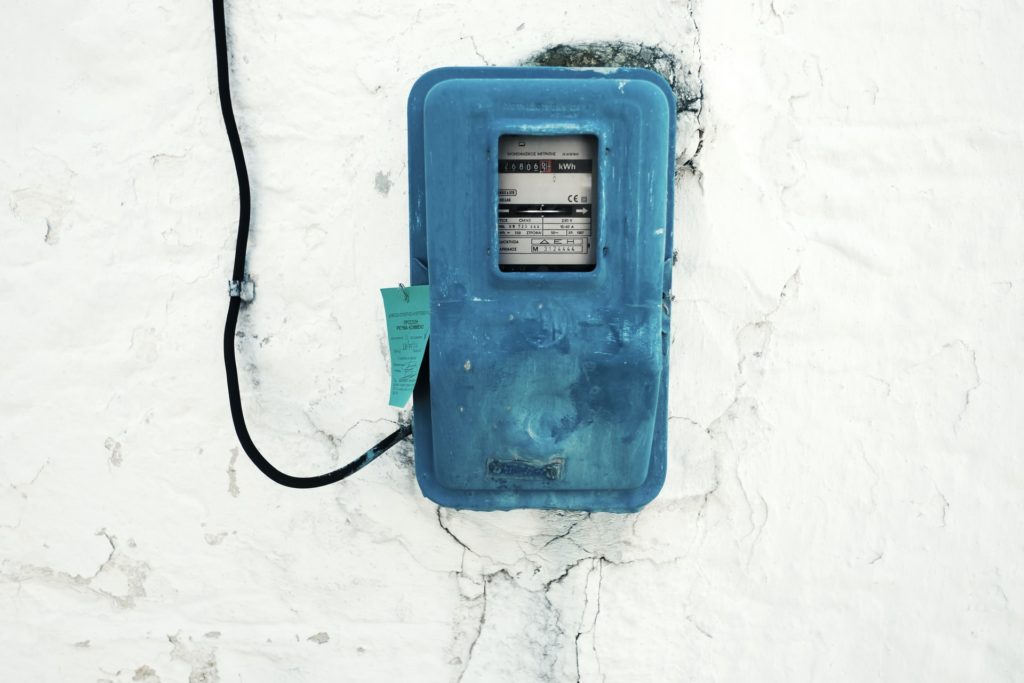A growing number of power companies are changing from fixed-price power contracts to variable-price, in response to the recent rise in energy prices, De Tijd reports.
Steep increases in energy prices in recent weeks have led more and more energy supply companies to stop offering fixed-price contracts to customers. The alternative, a variable-price contract, allows the company to adjust the price it charges the consumer to the actual price the company pays to its supplier.
Eneco, the largest supplier in Flanders, now no longer offers any fixed-price contracts, and companies like Engie and Electrabel are following suit for new and renewed contracts.
The changes have a mixed effect. For the supplier, market fluctuations can be reflected in the price paid by the consumer. For the customer, that principle can, at least in theory, mean that prices go down as well as up.
For domestic customers, however, tie changes mean the loss of security in knowing how much the bill per quarter was going to be – a crucial consideration for many domestic customers.
“With the high energy prices, permanent contracts are now completely uninteresting, both for the customer and for us as a supplier,” said Mark Van Hamme, spokesperson for Eneco, one of the largest suppliers.
“Suppose a customer concludes a contract in which he clicks on his price for three years. As a supplier, we then have to buy those expected volumes at today's high market prices. But if after three months electricity and gas become cheaper again, that customer can leave free of charge without severance pay. The volumes we bought for that customer, we then have to sell again at a significant loss,” he told the newspaper.
“That risk has become too great to to settle. It's like someone who goes to a restaurant, orders a steak, takes three bites and then only wants a bill for three bites without paying for the rest of the steak.”
Related News
- Belgian savers lost €22 billion in purchasing power last year
- Nuclear and natural gas: European Commission accused of 'greenwashing'
- Many Belgians poorer as pandemic fuels inequality
Another problem facing suppliers is clients who sign up for a longer-term variable contract while prices are high, and then move over another supplier when prices fall. The original supplier has paid the higher price, but is no longer in a position to recoup that cost.
One of the main effects of the new move can be seen on the website of Engie, the country’s largest supplier. Engie still gives a reckoning of costs for the consumer of their estimated energy consumption.
But now, while the company still has a historical number of fixed-price customers, it no longer offers the option. It is still possible to get an estimate of a variable-price contract, but by the very nature of the formula, it will be neither binding nor especially accurate.

